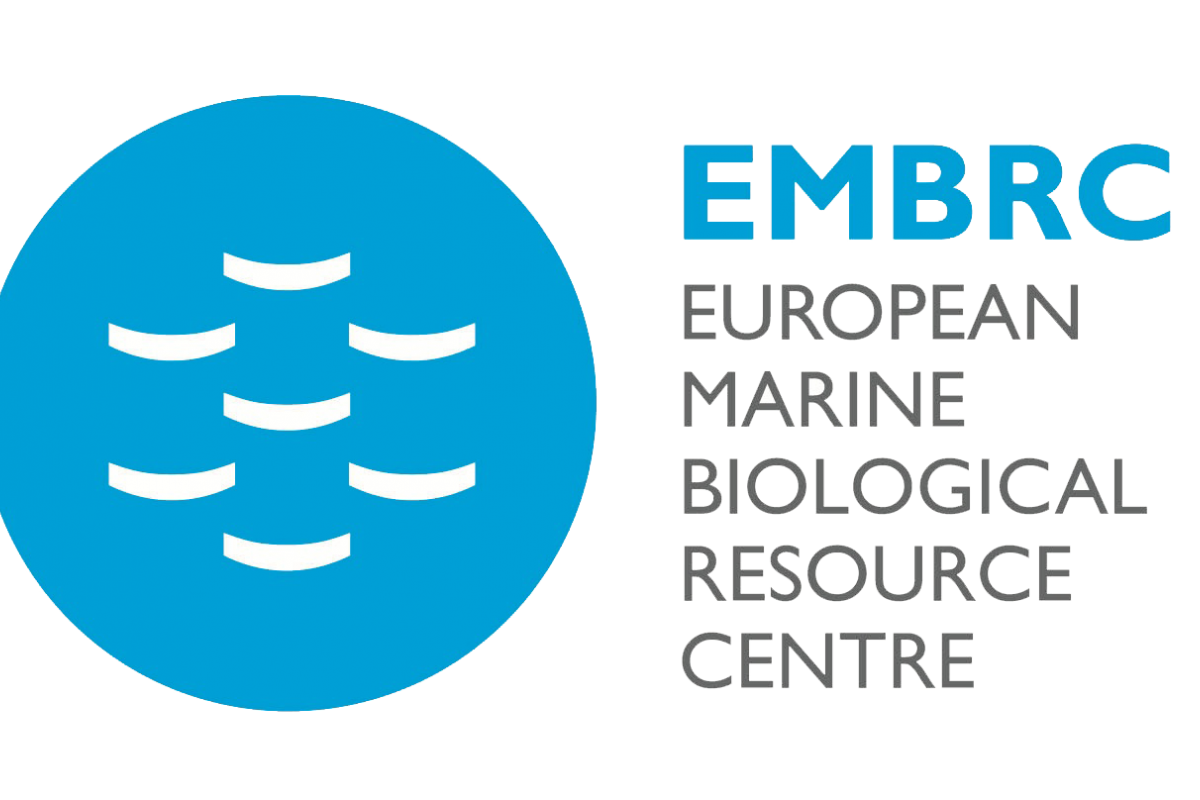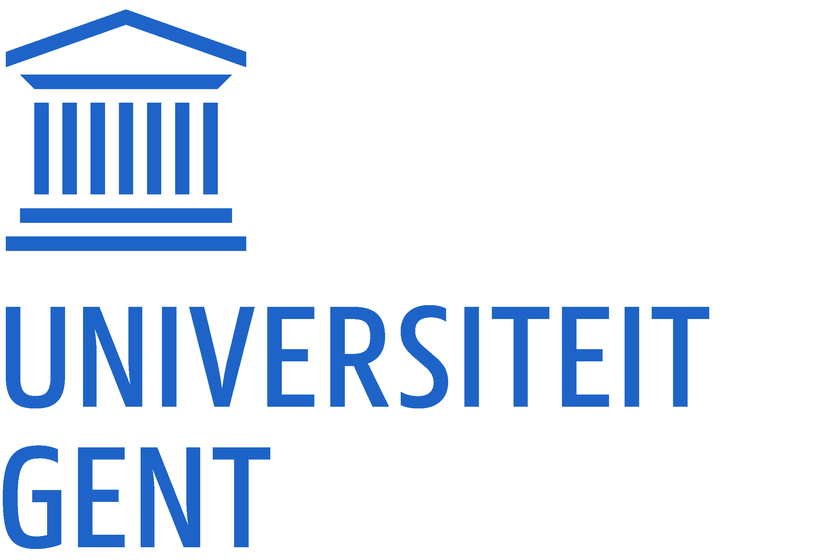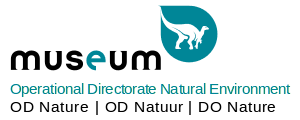Event Symposium on Marine Carbon Sequestration

EMBRC-BE and ILVO organize a Symposium on Marine Carbon Sequestration to assess the opportunities of oceans, seas and estuaries in reducing the causes and consequences of climate change, globally and locally.
To meet the Paris Agreement’s goal of limiting temperature rise to 1.5 degrees Celsius, greenhouse gas emissions must reach net-zero by mid-century. Achieving this will not only require reducing existing emissions in all sectors, but also the deliberate removal of atmospheric greenhouse gasses by human actions. By bringing scientists, political, industrial and non-governmental parties together the symposium aims at identifying the potential of such negative emission technologies and the required knowledge development that is still needed, thereby setting the scene for future actions in support of adopting ocean-inclusive mitigation and adaptation strategies by Belgian parties in an (inter)national context.
The symposium takes places at Bluebridge, Ostend Science Park. Participation to the symposium is free but registration before May 4th is mandatory.
For more information feel free to contact embrc@ugent.be.
Programme
9:15 Welcome. Noémie Wouters, CEO Bluebridge
9:20 Introduction. Ann Vanreusel, Director EMBRC-BE
9:30 Opening keynote
- Ocean-based climate action with a focus on negative emissions measures. Jean-Pierre Gattuso, CNRS Sorbonne University and Iddri
10:15 Open ocean carbon: natural processes
- The open ocean biological carbon pump. Griet Neukermans, Ghent University
10:30 Break
11:00 Open ocean carbon: marine geoengineering
- Ocean fertilisation. Christine Klaas, Alfred Wegener Institut
- Ocean alkalinisation. Filip Meysman, Antwerp University
11:30 Marine bioenergy with carbon capture and storage
- Seaweed cultivation. Olivier De Clerck, Ghent University
- Shellfish aquaculture. Edwin Foekema, Wageningen University & Research
12:00 Restoration and conservation of natural ecosystems
- Restoring and increasing coastal vegetation. Patrick Meire, Antwerp University
- Conserving seabed carbon sequestration. Ulrike Braeckman, Ghent University
- Demersal fisheries and seabed carbon sequestration. Hans Polet, Flanders Research Institute for Agriculture, Fisheries and Food
12:40 Lunch
13:50 Welcome afternoon session. Zakia Khattabi, Minister of Climate & Vincent Van Quickenborne, Minister of North Sea
14:00 The policy of ocean-based climate mitigation. Steven Dauwe, Flanders Marine Institute
14:10 The businesscase of marine carbon capture and the effects of the measurement method (on the businesscase). Stephan Bostoen, Pebblewave
14:30 Assessing the potential for ocean-based climate action by Belgian parties. Panel discussion
15:15 Break
15:45 Challenges for marine carbon sequestration and applications.
16:00 Closing + Network reception


Programma
| Welcome | |
| Introduction | |
| Opening keynote | |
| Open ocean carbon: natural processes | |
| Break | |
| Open ocean carbon: marine geoengineering | |
| Marine bioenergy with carbon capture and storage | |
| Restoration and conservation of natural ecosystems | |
| Lunch | |
| Welcome afternoon session | |
| The policy of ocean-based climate mitigation | |
| The businesscase of marine carbon capture and the effects of the measurement method (on the businesscase). | |
| Assessing the potential for ocean-based climate action by Belgian parties | |
| Break | |
| Challenges for marine carbon sequestration and applications | |
| Closing + Network reception |